24 years after its forgotten PC debut, it's past time for Sega's Sakura Wars to get its due
The classic adventure-strategy-comedy-sim is begging for an English re-release.
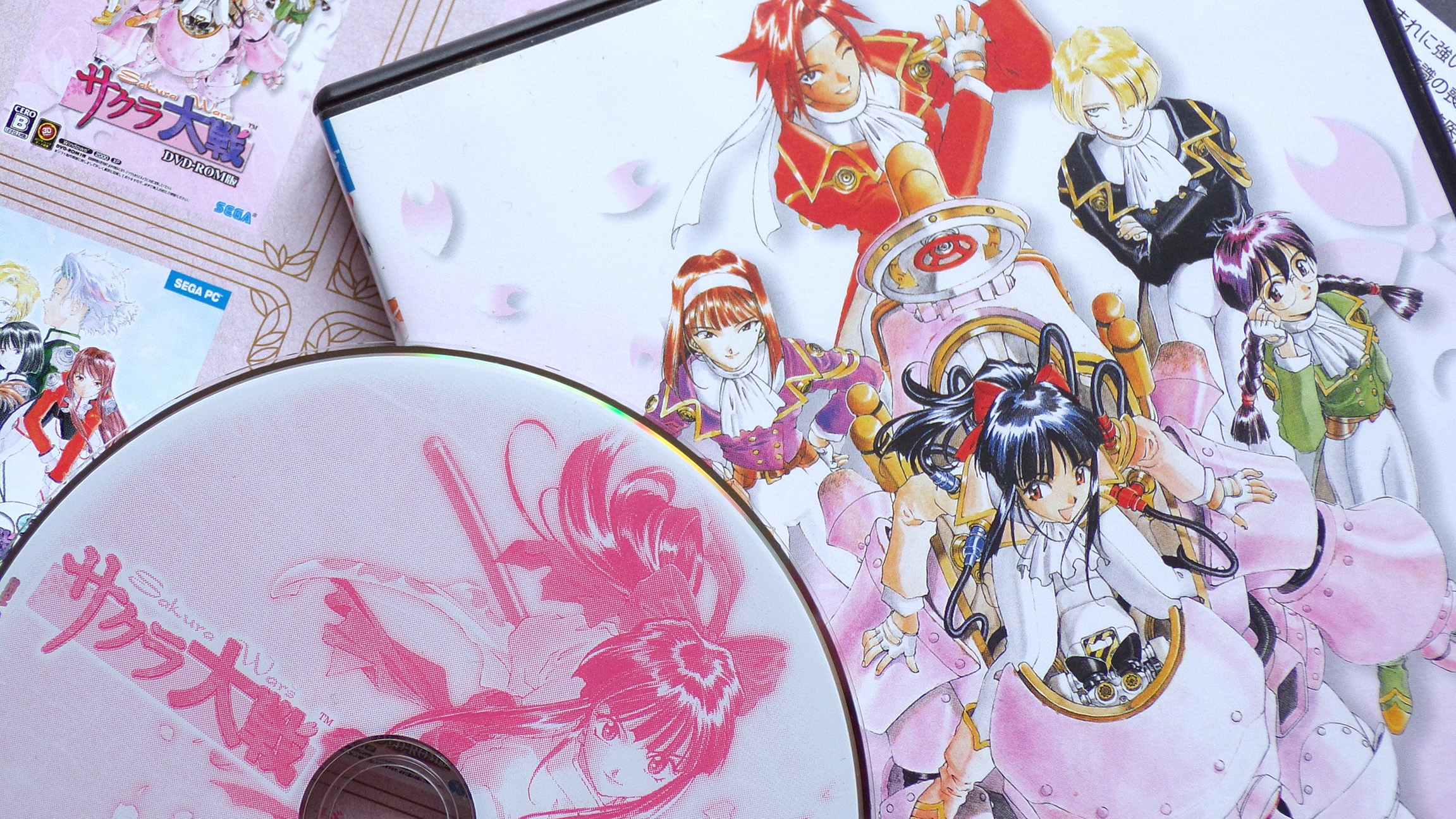
Pasokon Retro is our regular look back at the early years of Japanese PC gaming, encompassing everything from specialist '80s computers to the happy days of Windows XP.
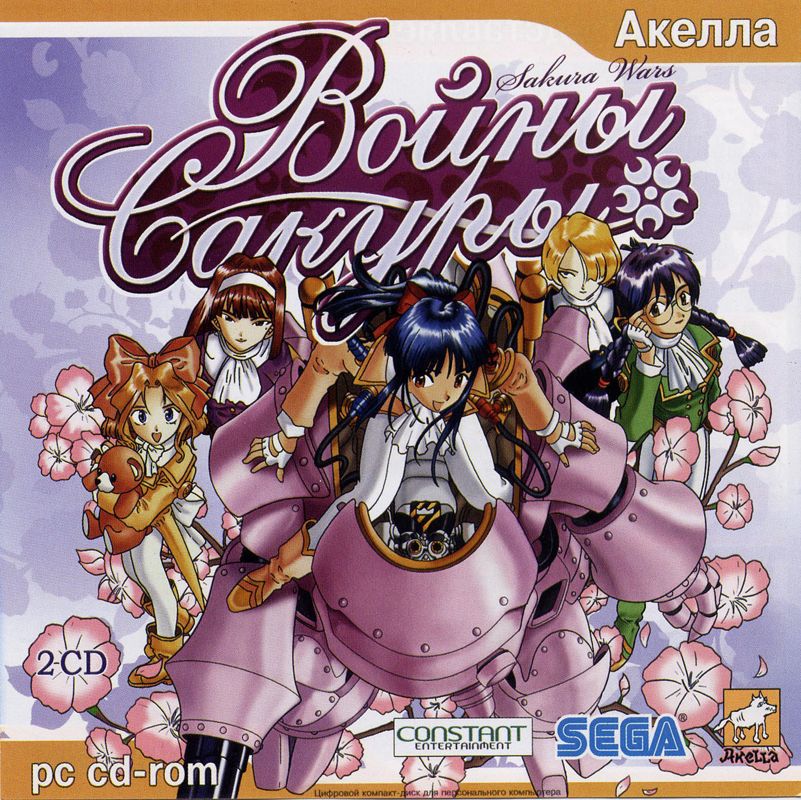
These days you can expect any Sega game, from the latest Yakuza to the retro delight Sonic Origins, to turn up on PC. It's a blessed time: Paying money to dress up Hatsune Miku and friends and then have them sing over a tune from arcade classic racing game Power Drift has never been easier.
Any Sega game, I should say, that's not Sakura Wars.
2019's soft reboot of the series remains conspicuous in its absence on PC in any language—it's not even on Steam exclusively in Japan. It's especially odd because 20 years ago Japanese PC gamers were busy installing an excellent XP-compatible port of the original Sega Saturn Sakura Wars on their smokin' hot Pentium 3 machines (watch out—it demanded at least 64MB of RAM, too).
Even though this game's a (relatively) high resolution port of a '90s smash, it fits the PC like a glove. Sakura Wars was—a little oddly, considering its Saturn origins—entirely designed around cursor input (the console did have an official mouse), so playing it on PC feels like a game that's come home. That was significant at the time: PC controllers were still a rarity, and many console ports were either awkward fits or technical messes. Sakura Wars escaped both pitfalls, and clicking around everywhere from swimming pools to battlefields is always easy and natural.
But what is Sakura Wars, exactly? It's easy to focus on any one part of it and make a snap decision—in some places it looks like an adventure game, in others it goes all tactical, and sometimes, when the soft music's playing in the background and someone's blushing you could swear it was a romance sim. But none of those descriptions really ring true. Sakura Wars is a chameleon, ready to become whatever it takes to make the colourful cast shine brightest. It switches between animated physical comedy sequences, dramatic battles against sinister forces, and heart-to-hearts as suits it best.
As far as Sakura Wars is concerned, if we're all having a good time then it's doing the whole "being a game" thing right.
The biggest gaming news, reviews and hardware deals
Keep up to date with the most important stories and the best deals, as picked by the PC Gamer team.
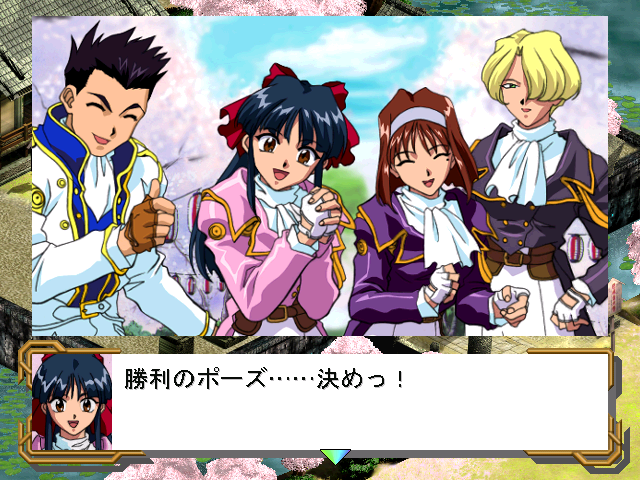
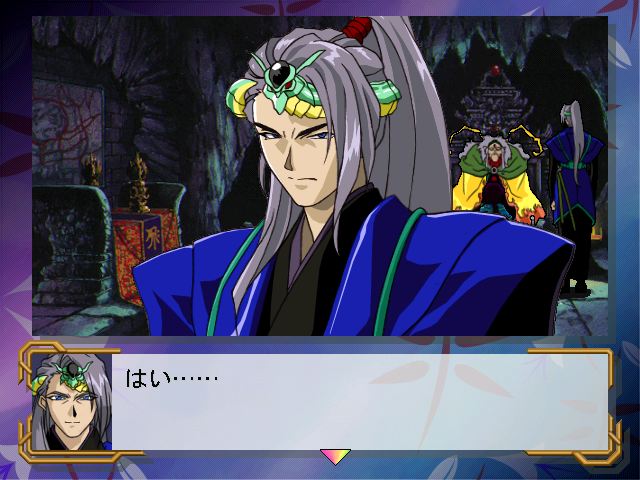
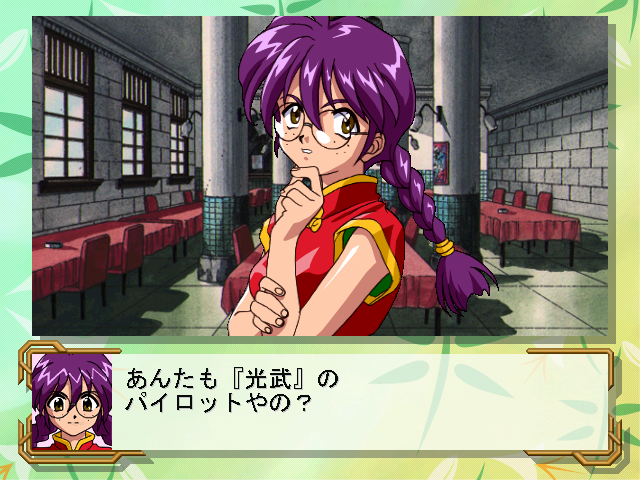
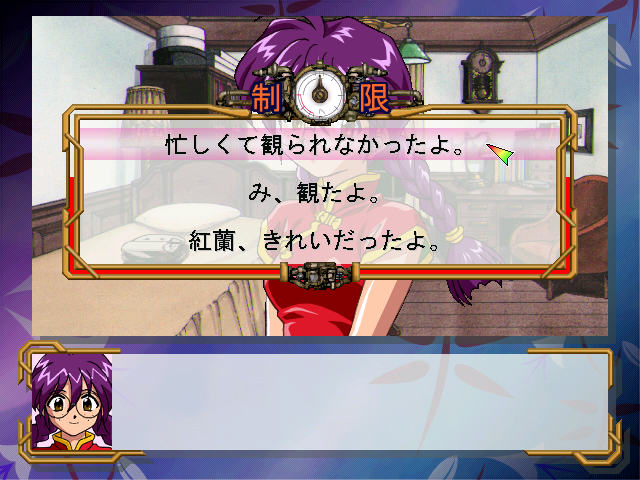
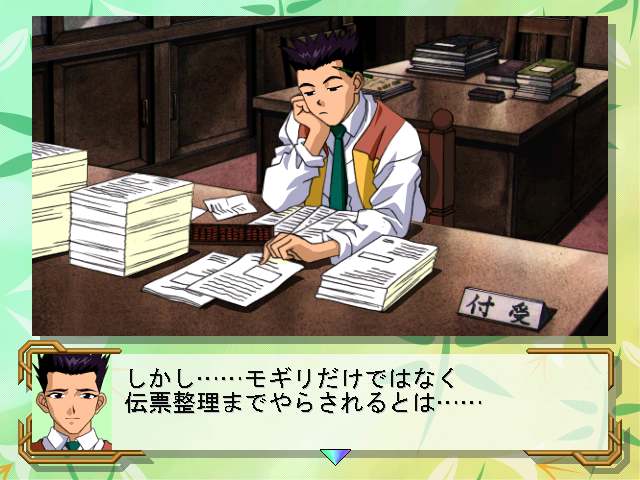
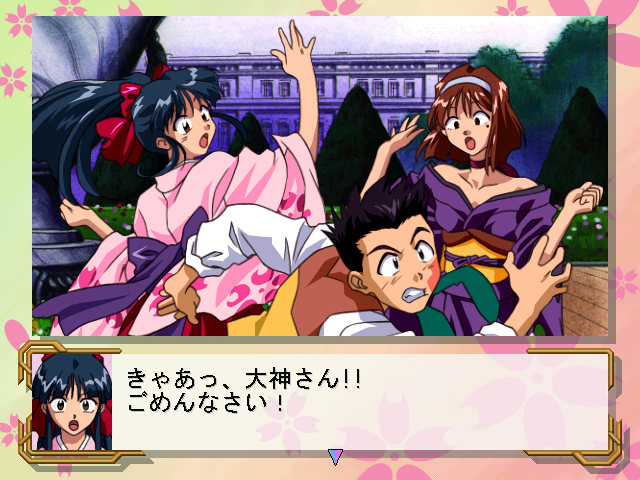
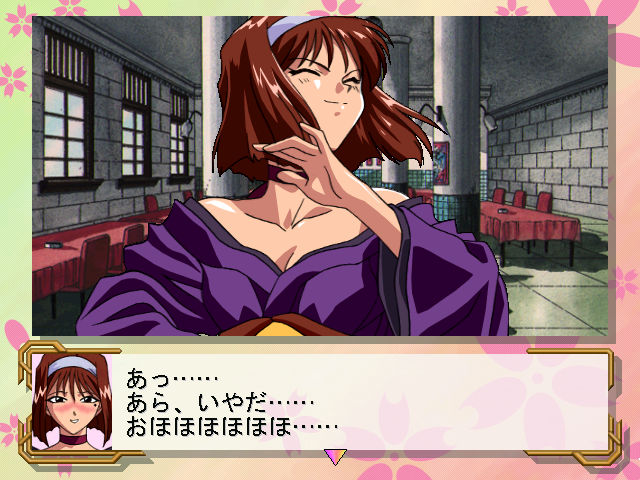
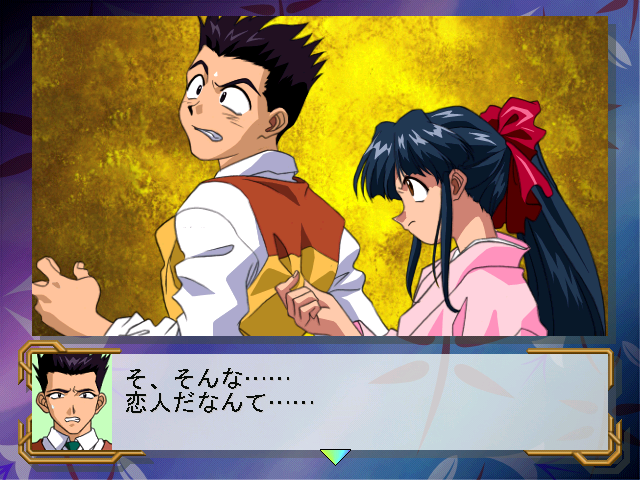
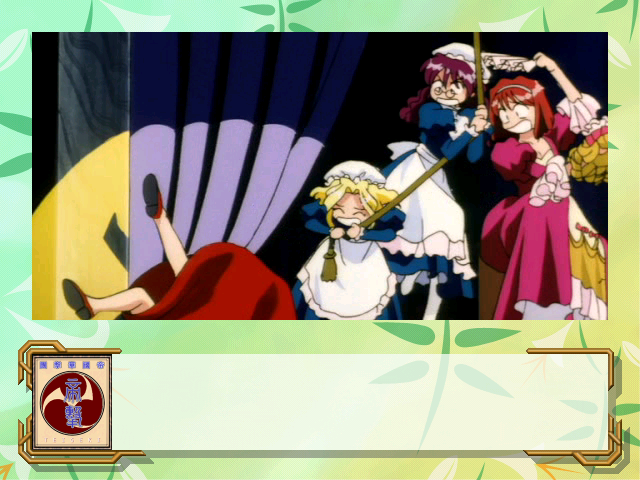
Our playable focal point in this experience is Ogami Ichiro, freshly transferred from the navy to Japan's capital city ready to lead a group of brave peace-defending warriors against whatever may threaten the land. The only problem is he hasn't been told his squadmates aren't grizzled military veterans but capable young women masquerading as a theatre troupe. He's also not been told he has to play along and be the theatre's ticket clipper. It's an ego-popping experience that quickly sets the tone: Ogami's one part of a skilled group, and this is only going to work if everyone, including those of us playing along at home, try their best and pull together.
How quickly that happens depends on how well you handle the adventure-style sections of the game. The twist here is Sakura Wars pretends the other person really is standing there waiting for your reply, and yes, they might be annoyed if you can't quickly make a simple decision. Then in another conversation they might be impressed if you stay quiet, refusing to take sides in someone else's argument.
The exact length of time you're given to make a decision varies wildly depending on the scenario in question. Sometimes you'll have time to carefully think it through. Sometimes you'll have to go with your gut and hope for the best. The secret to Sakura Wars' success here is that there's no real "best" choice in these situations. The script will often force you into a corner, goading you into choosing a response that will probably delight one person and leave the other neutral or maybe even angry with you. But whatever happens you can't irreparably break a friendship, or wind up on the "bad" story route, and that means there's no pressure to play perfectly—or to resist making Ogami act like a goof from time to time just for the fun of it. It's a brilliant system and I honestly think almost any game that offered me choices would be better off if I had to make a decision right now.
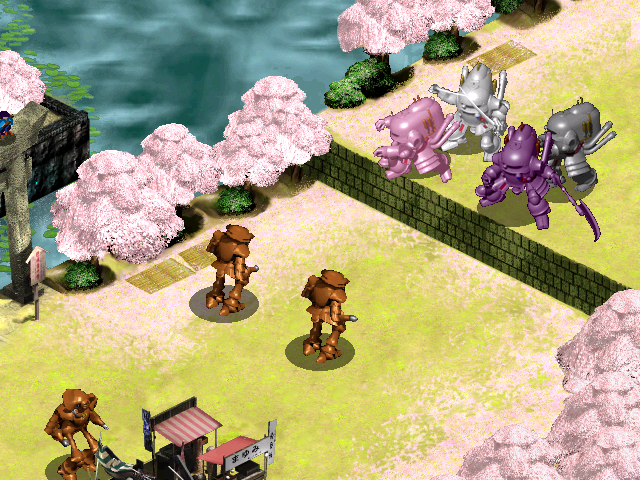
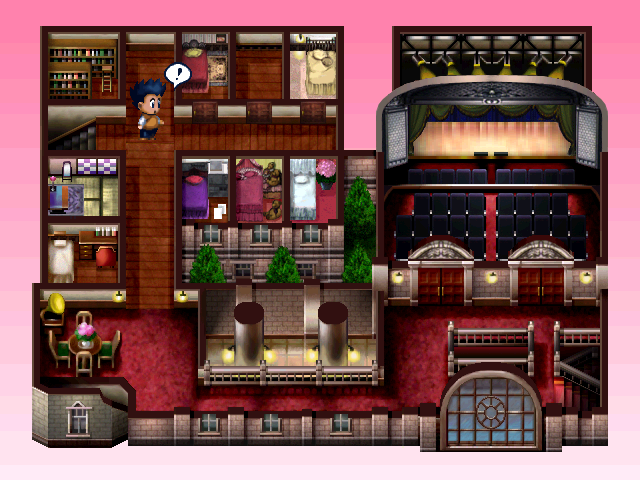
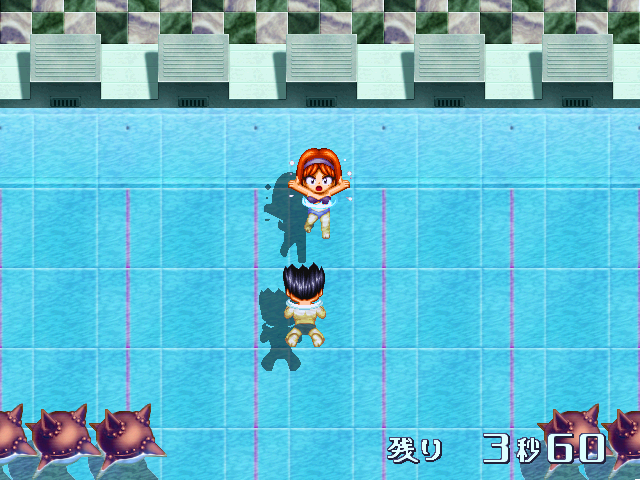
How much the other members of the cast like Ogami not only affects numerous cutscenes throughout the game but also translates into improved battle stats. Simply put, the cast hit things (a little bit) harder if they like him.
These turn-based isometric scraps in appealingly stompy steam-mechs might seem disappointingly shallow at first. There's no equipment or skills or pretty much anything else to worry about, and on the whole the tiniest scrap of common sense (such as "don't send one person off on their own") is all the thought that's needed to win every deliberately easy battle. There's actually a good reason for this: the infrequent combat segments aren't supposed to be Serious Man's War Simulation for Serious People Who Like Clicking Things. They're just another way of conveying how much fun it is to see a group of colour-coordinated friends whack an overly dramatic bad guy until they do the "Grrr, I'll get you next time!" thing and disappear.
As frustrating as it could be to have a themed group of evil people repeatedly escape at the last minute just so they can turn up again later, the game has the good sense to not drag this or anything else on for too long. An average, unhurried, playthrough tends to work out at comfortably under 20 hours, so even for someone as impatient as myself every thrilling TV-style teaser for the next chapter leaves me wanting to play for just a little bit longer than I thought I was going to.
Sakura Wars may have had about as much impact on the English-speaking side of gaming as a single snowflake in an active volcano, but in Japan the series was so popular it had numerous sequels, a dedicated cafe, a decade of stage shows performed by the game's original cast, official clothing, and so much more. It was not just loved: it was as essential and important a "Sega" experience as any Sonic or Phantasy Star Online game has ever been. Today Steam is awash with retro revivals, illustrated adventures, previously untranslated classics, and unusual games of all stripes, so what more does Sakura Wars—a game that has a PC port ready to go—have to do to prove that even 20 years after its PC debut it would still feel right at home on anyone's hard drive?
Heck, if Sega need a reminder, I'll even let it borrow the Japanese copy of the game I've had sitting on my shelf for years.

When baby Kerry was brought home from the hospital her hand was placed on the space bar of the family Atari 400, a small act of parental nerdery that has snowballed into a lifelong passion for gaming and the sort of freelance job her school careers advisor told her she couldn't do. She's now PC Gamer's word game expert, taking on the daily Wordle puzzle to give readers a hint each and every day. Her Wordle streak is truly mighty.
Somehow Kerry managed to get away with writing regular features on old Japanese PC games, telling today's PC gamers about some of the most fascinating and influential games of the '80s and '90s.

